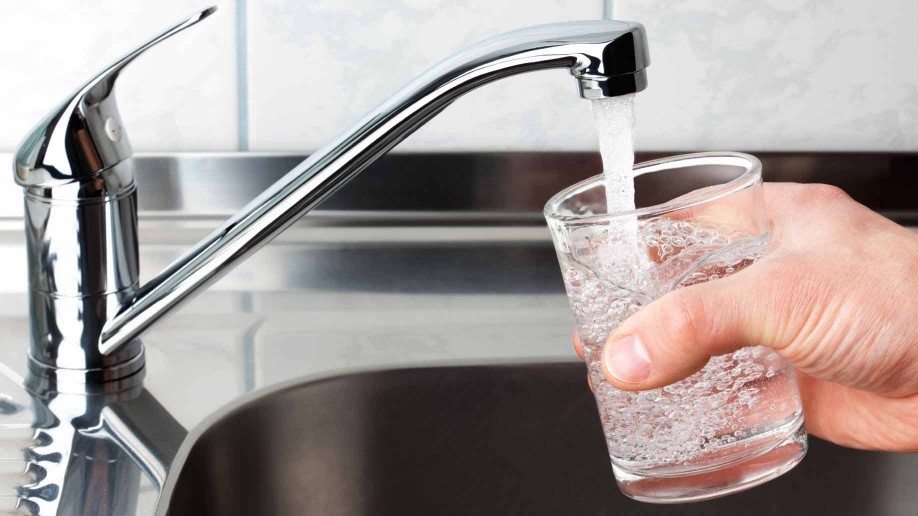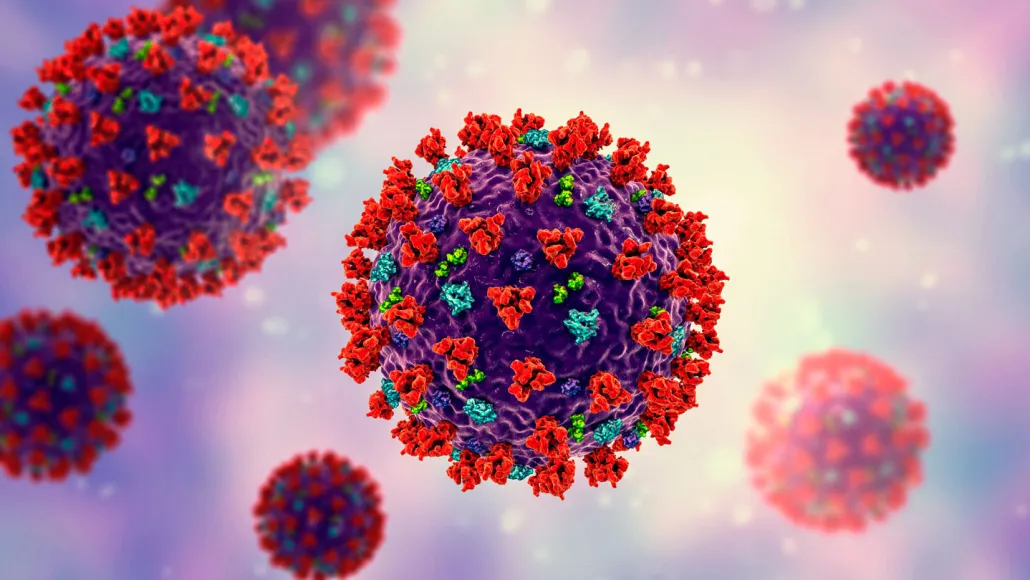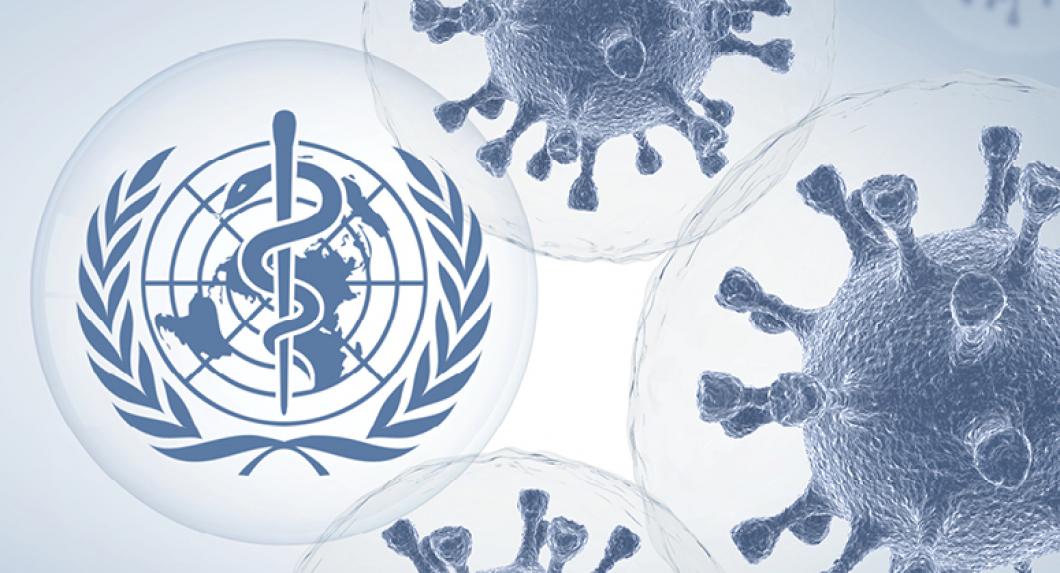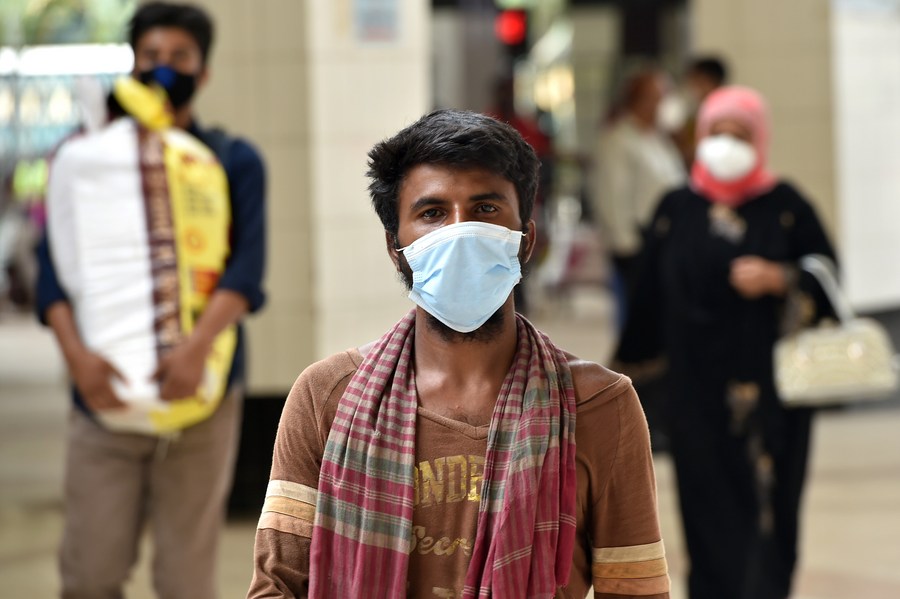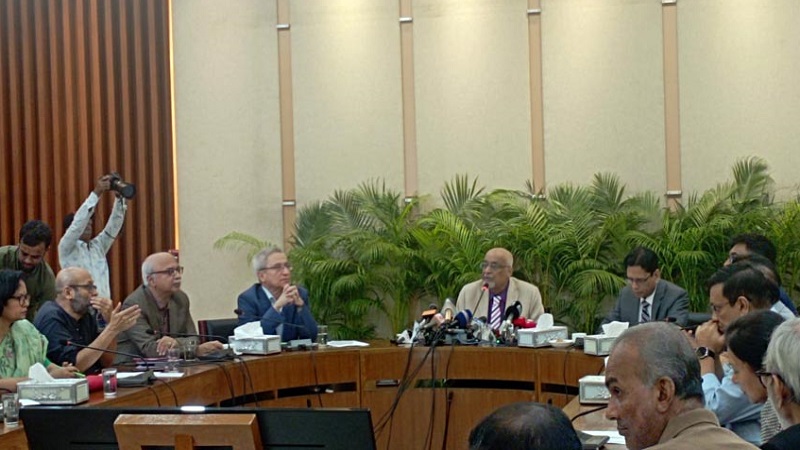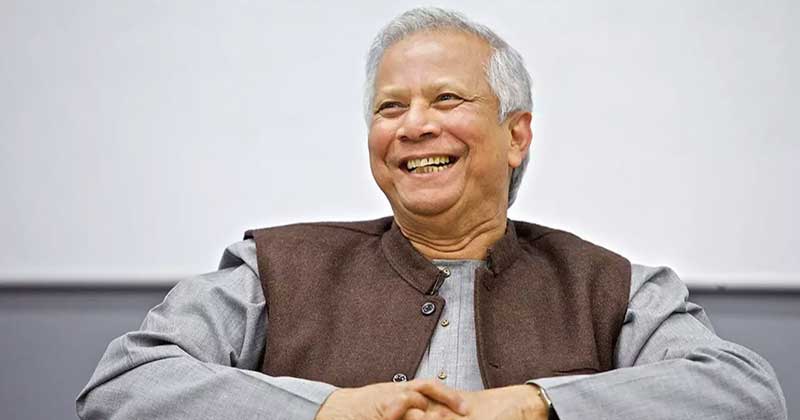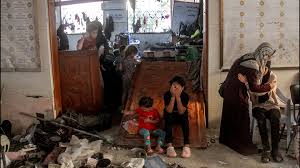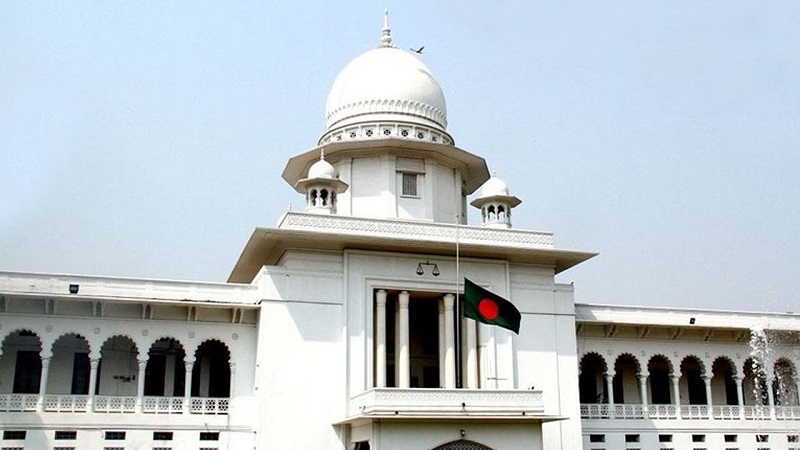The novel strand of the coronavirus that has morphed into a pandemic and thrown the whole world into disarray is not capable of being transmitted through water, experts have said. While the pathogen can spread through airborne droplets, water has been ruled out as a carrier.
Dhaka WASA is also intent on ensuring that the contagion is not passed on through the water supply by putting greater emphasis on the water treatment process during the epidemic. Germs other than the novel coronavirus may linger in water and pose dangers to human health, according to experts, who recommended only safe drinking water for consumption.
Scientists are gradually uncovering the many mysteries of the novel coronavirus, a new pathogen that has already infected more than 10 million people around the globe and left more than 500,000 dead.
The Environmental Protection Agency or EPA of the United States assured citizens that the water supplied to them is safe for consumption.Coronavirus may persist for a while in the water used by an infected person but it does not pose a great threat to human health as the virus cannot survive for long outside a living body, experts said.
Although the research does not indicate that the coronavirus is activated in water for long periods, Dhaka Water and Sewerage Authority nevertheless remains alert to the possibility of such transmissions as the COVID-19 epidemic rages on, according to its Managing Director Taqsem A Khan.
"We have taken preventive measures after the first cases of COVID-19 were reported in the country on Mar 8. We've kept a close eye on the chlorine level and its residue in the water," he told bdnews24.com.
Even if the virus contaminates the water, it will not survive because of the chlorine, added Taqsem."Microbes more harmful than the novel coronavirus such as those of typhoid, cholera, diarrhoea, are found in the water. A certain amount of chlorine is infused in the water to kill them."
At the same time, the chlorine is used while keeping the public health issues in mind, according to the WASA executive.Dhaka WASA supplies 2.1 billion to 2.4 billion liters of water to residents in the metropolitan area every day against a demand of 2.6 billion liters.
"There is nothing to worry about as the water supply in Dhaka is free of the COVID-19 pathogen. We will remain vigilant to ensure that people are getting safe water," Taqsem said.The water supply authority is also conducting its own research to determine the characteristics of the novel coronavirus, according to its MD.
"We need a better laboratory and higher quality kits to conduct the research, which we lack. Therefore, Dhaka WASA is starting small research in collaboration with a team of experts from icddr,b," he added.Chattogram WASA, too, is closely observing the protocols set out by the World Health Organisation to contain the spread of the coronavirus, according to its Chief Engineer Maksud Alam.
"A maximum of 0.5mg chlorine is infused in each litre of water. WHO guidelines ask to ensure the presence of residual chlorine in the water. Earlier, we used to infuse 0.1mg chlorine in every litre of water but we have since increased it to 0.2mg per litre."
This will help eliminate any bacteria or virus in the water, according to Maksud. "We are being careful during the crisis even though water is not known to be a carrier of the coronavirus," he said.Chattogram WASA supplies around 360 million litres of water to residents of the port city, which has a demand of 420 million litres.
Sample testing is being conducted on water collected from 240 points in the city each month, according to Maksud.
"During the water treatment process, chlorine is used twice following a proper process. A certain amount of chlorine infused in water kills all the bacteria in five minutes. All viruses are killed in 16 minutes, making the water safe to drink. We also recheck the water to ensure that it is ready to be consumed," he said.
The water supplied by WASA does not spread coronavirus, according to public health expert Dr Mushtuq Husain. Even the water in a pond is safe from the novel coronavirus, he said.
As the virus spreads invariably spreads through the droplets of an infected person, everyone should take precaution whenever people around them cough or sneeze."The coronavirus cannot exist for long in the natural environment and in water," said Mushtuq.
"Even the sewerage system will not spread the virus as it dies when it remains outside a living body. The droplets spread by sneezing, coughing or talking have to enter another human body through the mouth, nose or eyes. Therefore, we should not create panic over the issue."
Coronavirus patients should remain isolated and undergo proper treatment, according to the epidemiologist.People should drink boiled or safe drinking water, as water can harbor certain germs that are deadlier than COVID-19, he warned


